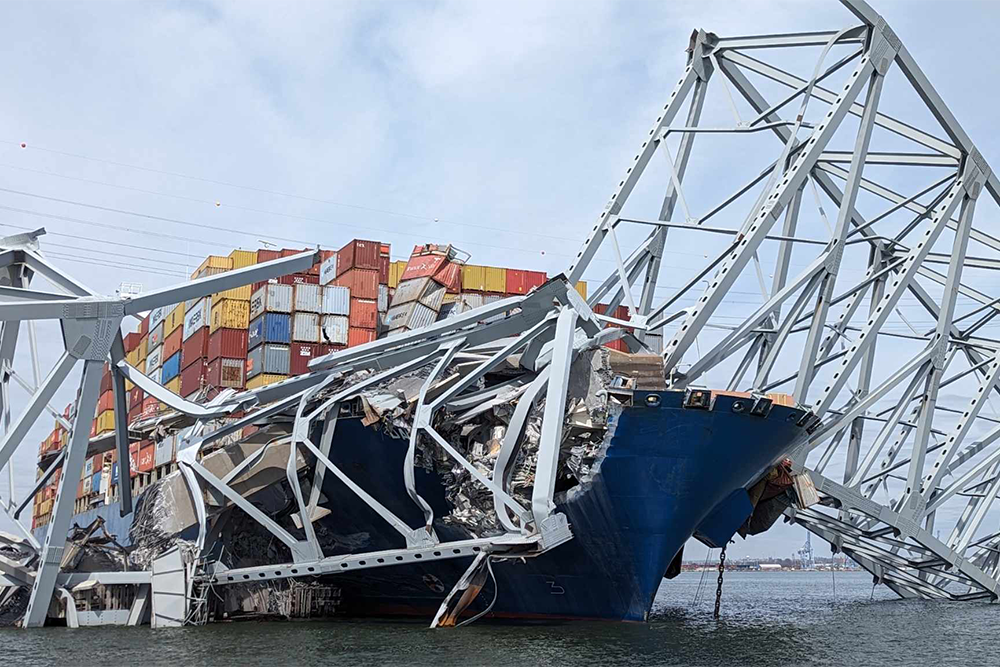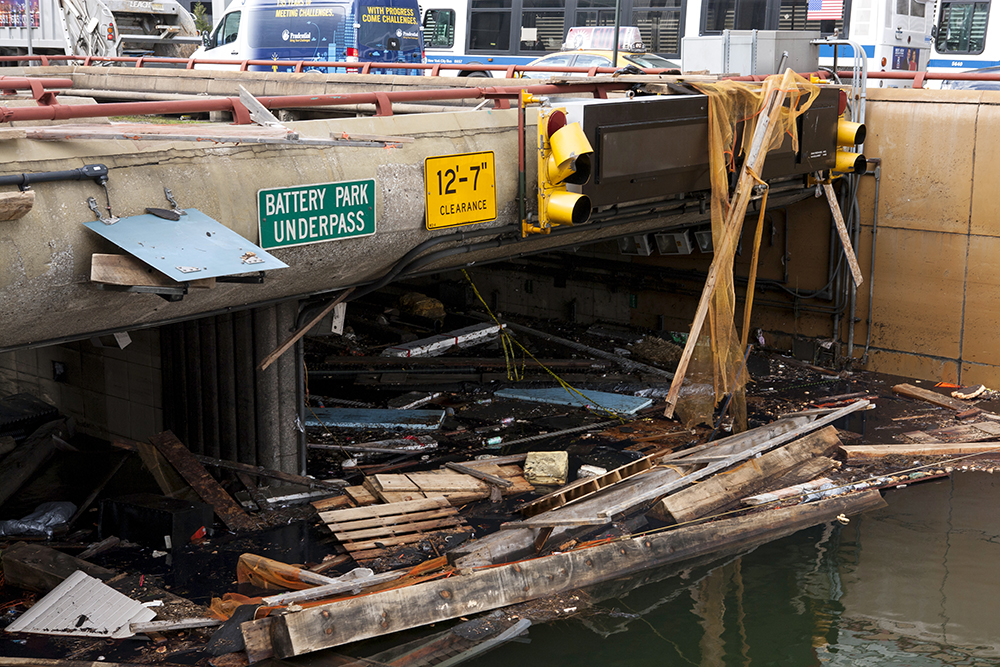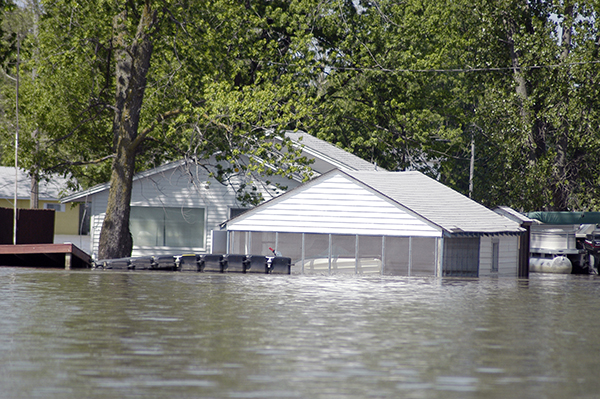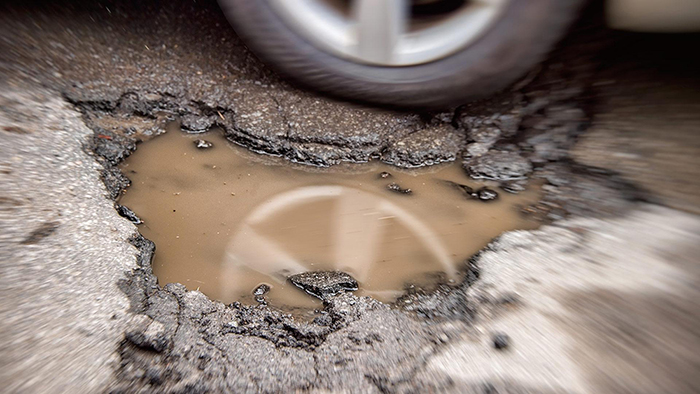News Story
UMD Disaster Resilience Expert Galloway Comments on Mississippi Flooding
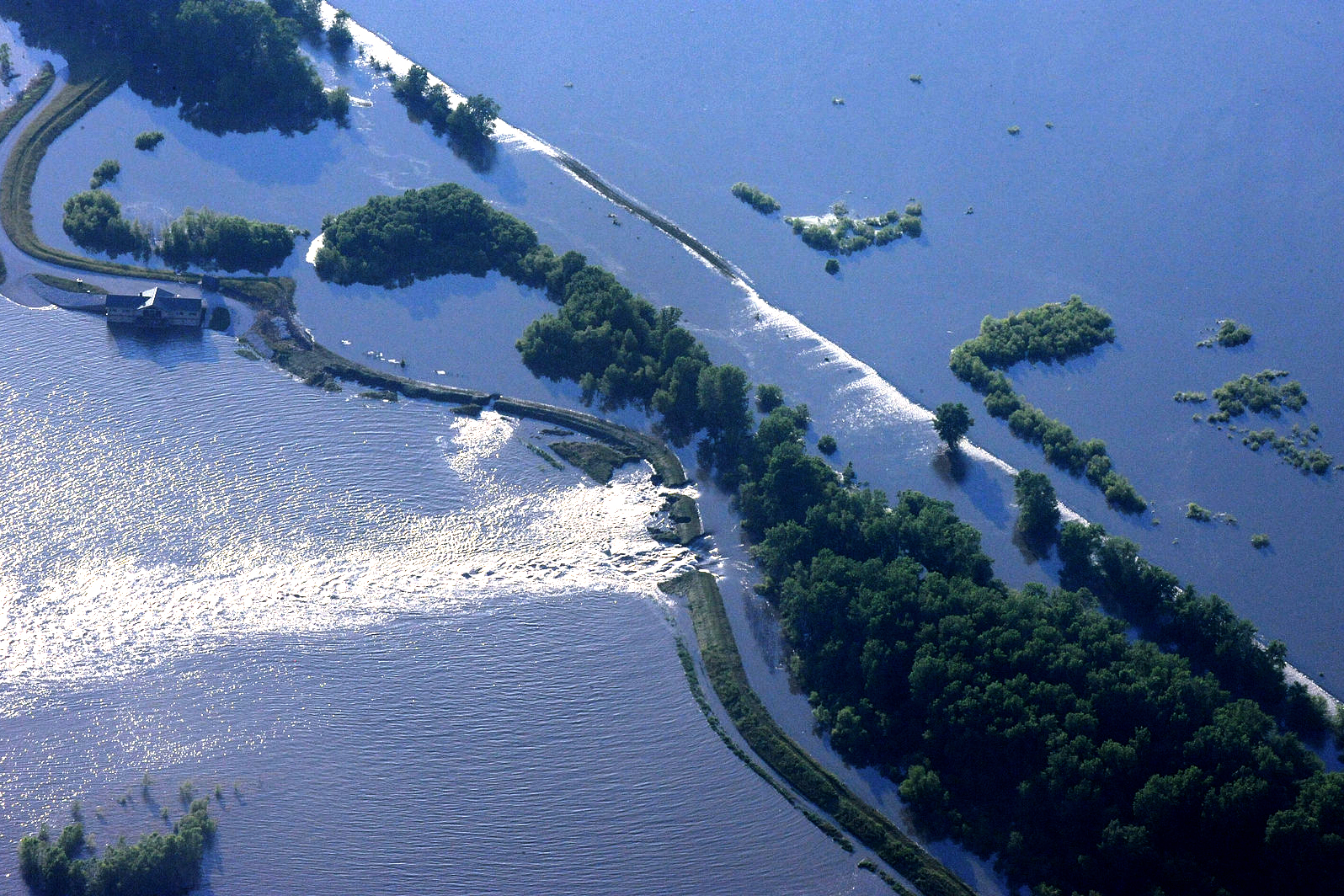
Record flooding on the Mississippi River this summer is raising new questions about the adequacy of the nation’s levees, with experts warning that continued bouts of extreme weather will likely overstrain the already dilapidated system.
Levees are “certainly challenged” as they are pushed to hold back water for longer than normal periods of time, UMD research professor Gerald Galloway told The Advocate in an article published on Monday (August 5). Galloway is considered one of the nation’s foremost experts on water resource management and disaster resilience.
The Mississippi River was at flood stage for a 211-day period that ended Sunday, breaking a record previously set 92 years ago. The Great Flood of 1927, as the earlier event has come to be known, ravaged the existing levee system, inundated over 27,000 square miles of land, and displaced more than 700,000 people in seven states, according to the U.S Geological Survey.
The flood control system put in place after 1927 held fast despite this year’s high waters, The Advocate reported, but several levees were broken on the Arkansas, Missouri, and upper Mississippi rivers.
With climate models pointing to increased flood risks, concerns are being voiced about the overall state of the nation’s levees, which earned only a D grade on the American Society of Civil Engineers’ most recent national infrastructure report card.
Galloway and other experts affiliated with UMD’s Center for Disaster Resilience are available for comment on flood management issues. Below is a sample of recent coverage.
- The Advocate, As Mississippi River drops, Army Corps, other agencies to keep watch on levees, August 5, 2019.
- Common Dreams, As Flood Risks Increase Across the US, It’s Time to Recognize the Limits of Levees, July 20, 2019.
- Pacific Standard, Inside Texas’ Revamped Statewide Flood Mitigation Plan, July 16, 2019
- The Washington Post, Even as floods worsen, Midwest towns plan new riverfront development, July 13, 2019.
- Engineering News-Record, Ellicott City, Md., Advances Projects And Refines Plans to Fight Future Floods, July 3, 2019.
- E&E News, Floods prompt scrutiny of Missouri River dams and levees, May 20, 2019.
- Scientific American, Today's Floods Occur along "a Very Different" Mississippi River, May 13, 2019.
- E&E News, Record floods worsened by warming and levees. 'How idiotic', May 7, 2019.
Published August 7, 2019
